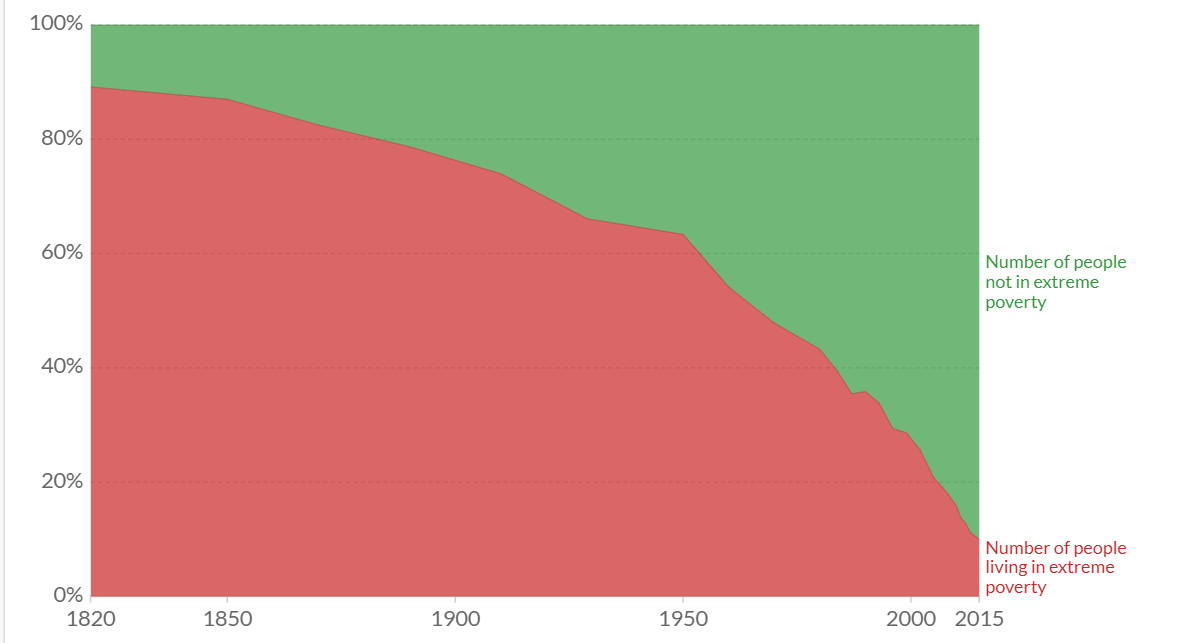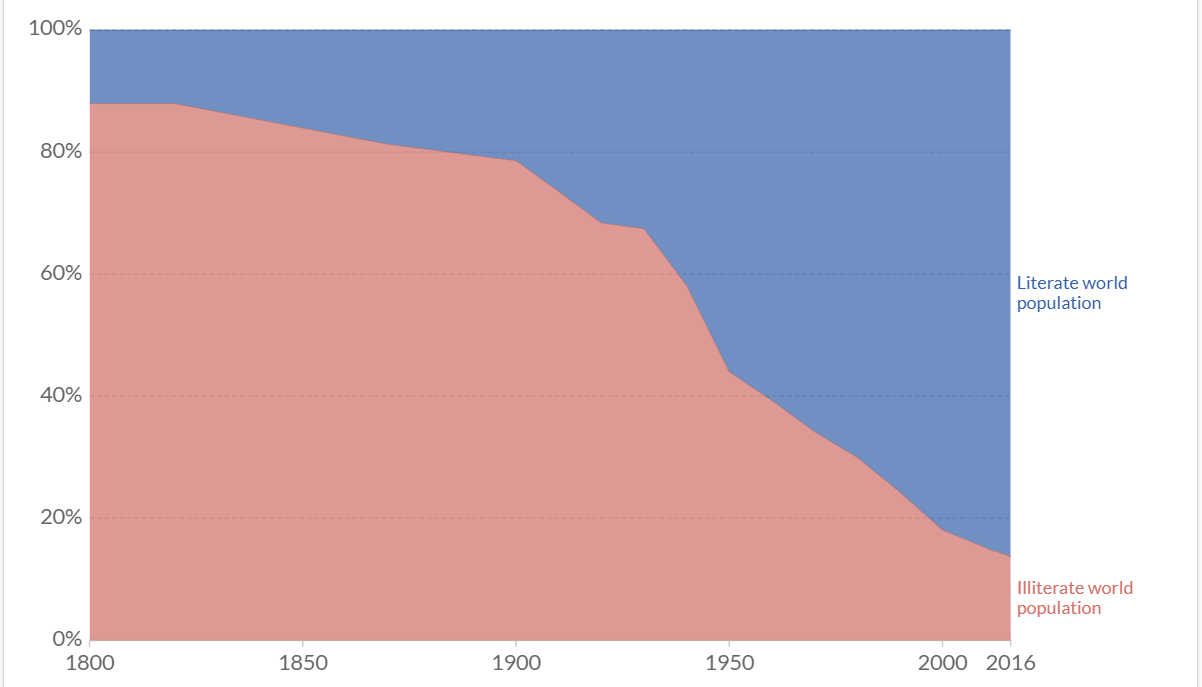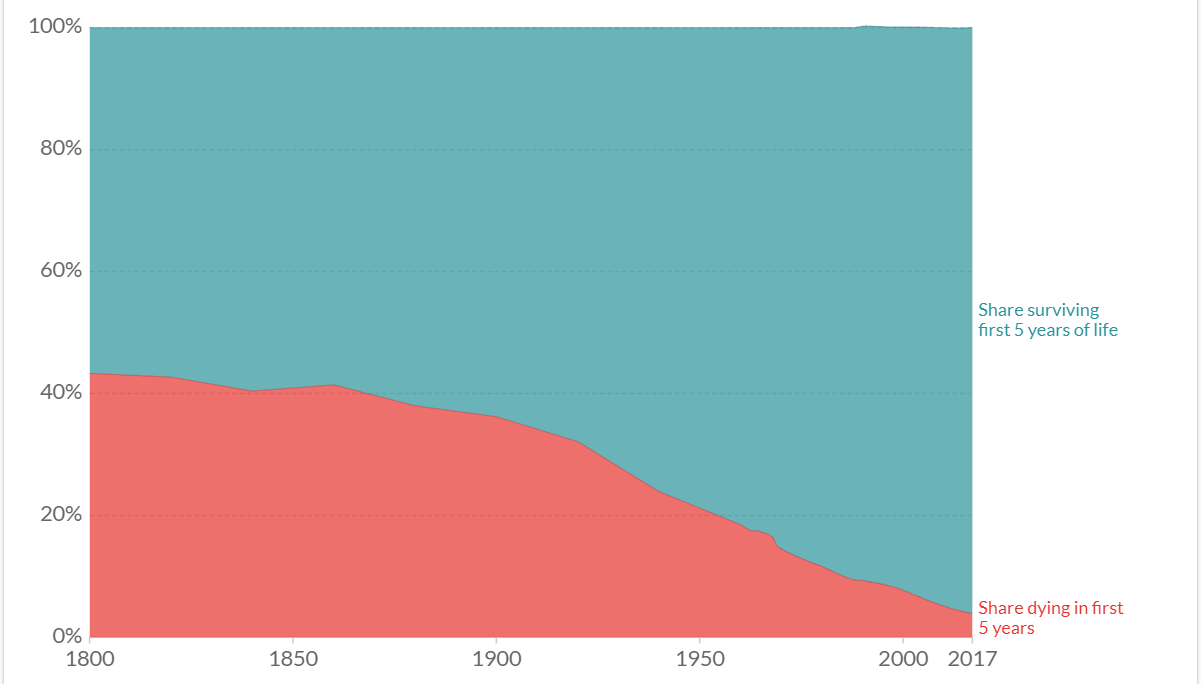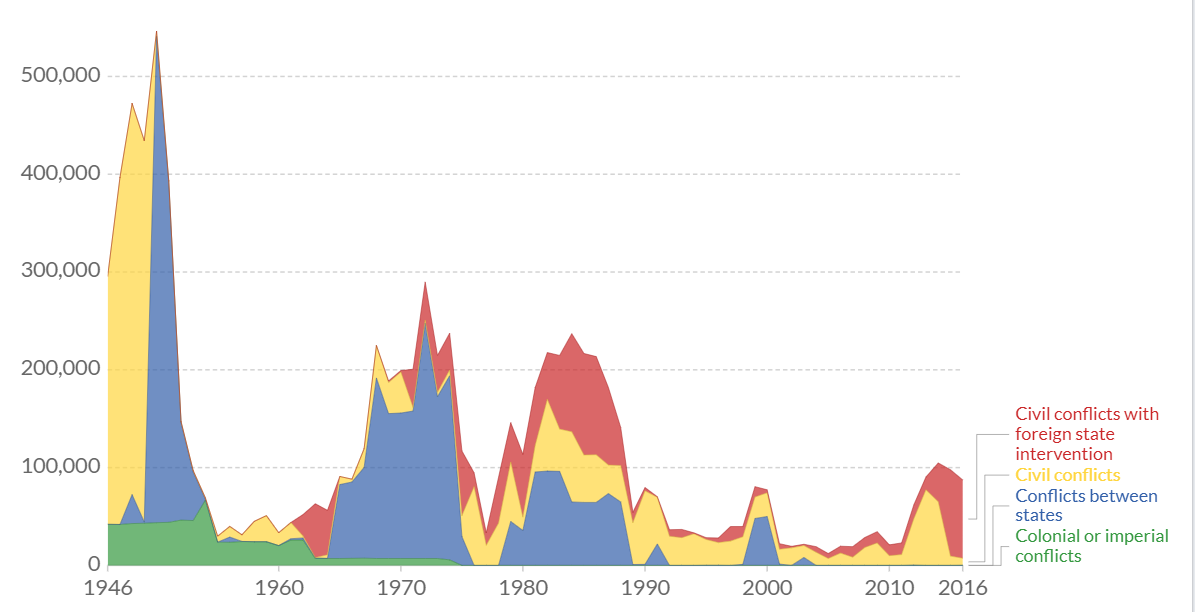Vargas' Podcasts
Powered by 🌱Roam GardenWhy I want to live forever
- Blog Post Archived
- Notes:
- Could also tie in Lifespan: Why We Age and Why We Don't Have To
- Feedback
- Zachary Fleischmann
- Expand on the assumption that the future is going to be
- What will 2115 look like
- Michael Koutsoubis
- Could go deeper on the why i want to live
- Go deeper on the first two paragraphs
- Andrew Spector
- Include something about healthspan
- Inevitable
- Future is Faster Than You Think
- Zachary Fleischmann
- Send to David Mehlman
- https://en.wikipedia.org/wiki/2_B_R_0_2_B
- Enlightenment Now
- Content First Draft: {{word-count}}
- One of my life goals is to live forever.
- With most overly ambitious goals, it's often helpful to break down these larger goals into smaller ones. Since the oldest person to ever live only made it to 122 years and 164 days, a good short term goal could be to beat Jeanne Calment make it to 125. However, we are making advances in medicine every day such that the new oldest person that will ever live is most likely alive right now. So, I've adjusted my short term goal to make it to at least 150.
- Recently a friend asked me "why is living as long as possible important? Isn't it more important to focus on quality?" I understand the concern, ESPecially as trends surrounding mindfulness and being more present are getting popular. However, longevity and quality of life are not diametrically opposed. In fact, optimizing for one often benefits the other.
- But the larger fascination of why I want to live forever has less to do with my personal experience. I want to be around to see the future of humanity for as long as humanly possible.
- The Arc of Human Progress
- Take a second to think about all the things Jeanne Calment must have seen during her lifetime. She was born in 1875, just a decade after the U.S. civil war ended. During her lifetime, she lived through two world wars, a cold war, humanity reach the moon, and the early stages of the internet weave into our everyday lives before passing away in 1997. The delta the state of the world experienced between 1875 and 1997 is almost impossible to wrap our heads around.
- Steven Pinker shows in Enlightenment Now all of the ways humanity has progressed over a large time horizon. Poverty going down. Hunger going down. We are less violent. And there are hundreds of companies right now in the space of solving environmental sustainability and income inequality. If humanity has always shown to improve over large time horizons in all of these metrics, why should we be led to believe that now will be any different?
- I was born in 1995. Just in my short 25 years, we have seen a technological revolution begin to steer us into a world where we are more connected than ever before. There's more information available to us than we know how to consume and collective action problems are now dominating public discourse. We are in the middle of the movie where the main characters are facing their largest challenges. I need to see how it plays out.
- This is why when asked to pick either longevity or quality I lean towards the former. It's based on the faith that the longer I live, the farther into the future I'll get to see along humanity's progress. This will as a side effect increase not just my quality of life, but the quality of life for others too.
- How do we optimize for longevity though?
- Is It Possible To Live Forever?
- Aging is commonly viewed as an inevitability. It's a safe assumption to make. As far as we know, every living being that has ever lived has also eventually died. Therefore, living forever is a fantasy not worth wasting our time thinking about.
- Except, what if aging wasn't an inevitability? What if we reframed how we thought about aging from something that we just took for granted to a disease we all suffer from?
- This is the fundamental mindset shift that David Sinclair argues in his book Lifespan: Why We Age and Why We Don't Have To. Imagine if we considered diseases like the flu, HIV, or cancer to be inevitabilities that just happen to us instead of treatable phenomena worth researching and solving. Except they each were considered that way at one point in each of their respective histories, until science caught up and was able to start solving for each one of them. Now, it's aging's turn. There's a whole field of medical research devoted to anti-aging efforts and it's starting to get some serious momentum.
- Current understanding of aging revolves around our epigenome. This is defined as the set of compounds that revolve around our DNA controlling which genes are on or off in a given cell and what proteins should be produced. When cells divide over time, random errors are introduced in our epigenome, some of which are harmless and others of which could cause disastrous effects in how our body operates. Aging then is the aggregation of these errors over time. This explains the inevitability we feel with aging, since cell division will always introduce random errors and this random errors will always compound over time. So why do we think this is avoidable?
- Framing aging as simply the set of errors occurring in our epigenome over time gives us a framework for how to go about counterbalancing it. In fact, our DNA has already evolved with a set correction genes who's job it is to produce proteins that counter balance these error mutations. Using these proteins as inspiration, members of the anti-aging community are starting to see promising results for adding similar compounds in lab mice to correct for their epigenomic mutations. There are a long ways away from migrating these tests to humans, but seeing the average lifespan of mice increase from their work is bringing enough reason for hope.
- Where does this go? It's possible that we will be able to develop treatments for humans that both slow down these error mutations and speed up the error correction. Being 65 could go from the age of retirement to being considered in your prime. It's also possible that we will be able to reverse many mutations that occur in our epigenome. Imagine every time you reach the age of 50, you undergo a treatment that Benjamin Buttons you back to the age of 25. This continual cycle of aging and aging backward would allow one to potentially... live forever.
- Now this would only be the case if there were enough resources to facilitate all those who wanted to enter this cycle. Will we have the resources? Even if we did, what are the other implications?
- Is It Sustainable For Society?
- Living forever, or at the very least exponentially increased longevity, raises some very tricky ethical questions. Given a fixed amount of these sorts of treatment, how do we decide who should get access to it? It has the potential to exasperate the inequality problem we see today. Having more time on this earth gives you more resources to improve one's financial standing which gives you more access for more time on earth and on the cycle perpetuates.
- There's also the overpopulation fear due to a birth rate staying constant and a theoretical decline in the death rate. This could accelerate other resource constraint problems that include climate change and homelessness.
- Any argument that dismisses these concerns would be purely speculative. One could argue that the progress brought on by those that live longer could be a rising tide that lifts all boats. We could use the negative correlation between life expectancy and birth rate to argue that we wouldn't face a unsustainable increase in overpopulation. But at the end of the day, it's hard to know how exactly we will be able to address these problems without knowing what technology we'll have available to us to attack them.
- There's enough promise in the tools we're developing to pursue anti aging research. Advances in cryptocurrency could guide us to a more financially equitable society. Advances in space travel could gain us access to resources that we run low of on Earth. Couple these with the advances in medical research and one could imagine a sustainable society with a far longer longevity than we face today.
- As long as that hope remains, I will continue holding it as a life goal to live as long as possible to see these conversations unfold.
- Content {{word-count}}
- One of my life goals is to live forever.
- With most overly ambitious goals, it's often helpful to break down these larger goals into smaller ones. The oldest person to ever live only made it to 122 years and 164 days. Given this, a good short term goal could be to beat Jeanne Calment and make it to 125. However, we are making advances in medicine every day such that the new oldest person that will ever live is most likely alive right now. So, I've adjusted my short term goal to make it to at least 150.
- Recently a friend asked me "why is living as long as possible important? Isn't it more important to focus on quality?" I understand the concern. As trends surrounding mindfulness and being more present are getting popular, people want to make sure we're living a fulfilling life as opposed to just going through the motions. However, longevity and quality of life are not diametrically opposed. In fact, optimizing for one often benefits the other.
- But the larger fascination of why I want to live forever has less to do with my personal experience. I want to be around to see the future of humanity for as long as humanly possible.
- The Past of Human Progress
- Take a second to think about all the things Jeanne Calment must have seen during her lifetime. She was born in 1875, just a decade after the U.S. civil war ended. Before passing away in 1997, she lived through two world wars, the first recorded human flight, the moon landing, and the early stages of the internet. The difference in the state of the world between 1875 and 1997 is unimaginably large.
- Steven Pinker shows in Enlightenment Now all of the ways humanity has progressed over a large time horizon. There is less poverty, less hunger, and less violence today than throughout our history. His argument is backed by the various graphics found in Our World in Data.
- The world population living in poverty:

- Percent of the world over 15 years old who are literate:

- The child mortality rate:

- Deaths due to battle-related conflicts

- Particularly with the last graph, it's easy to get caught up in the moment to have a very dim perception of the state of the world. Zooming out to have a larger time scale, even to just the scale of a single human life, there is quantifiable progress being made in several aspects of human life.
- If humanity has always shown to improve over large time horizons in all of these metrics, why should we be led to believe that now will be any different?
- The Future of Human Progress
- I was born in 1995. Just in my short 25 years, it's overwhelming to think about how much the world has progressed from when I was born to today.
- We have seen a technological revolution begin to steer us into a world where we are more connected than ever before. There's more information available to us than we know how to consume ...
- and collective action problems are now dominating public discourse. We are in the middle of the movie where the main characters are facing their largest challenges. I need to see how it plays out.
- This is why when asked to pick either longevity or quality I lean towards the former. It's based on the faith that the longer I live, the farther into the future I'll get to see along humanity's progress. This will as a side effect increase not just my quality of life, but the quality of life for others too.